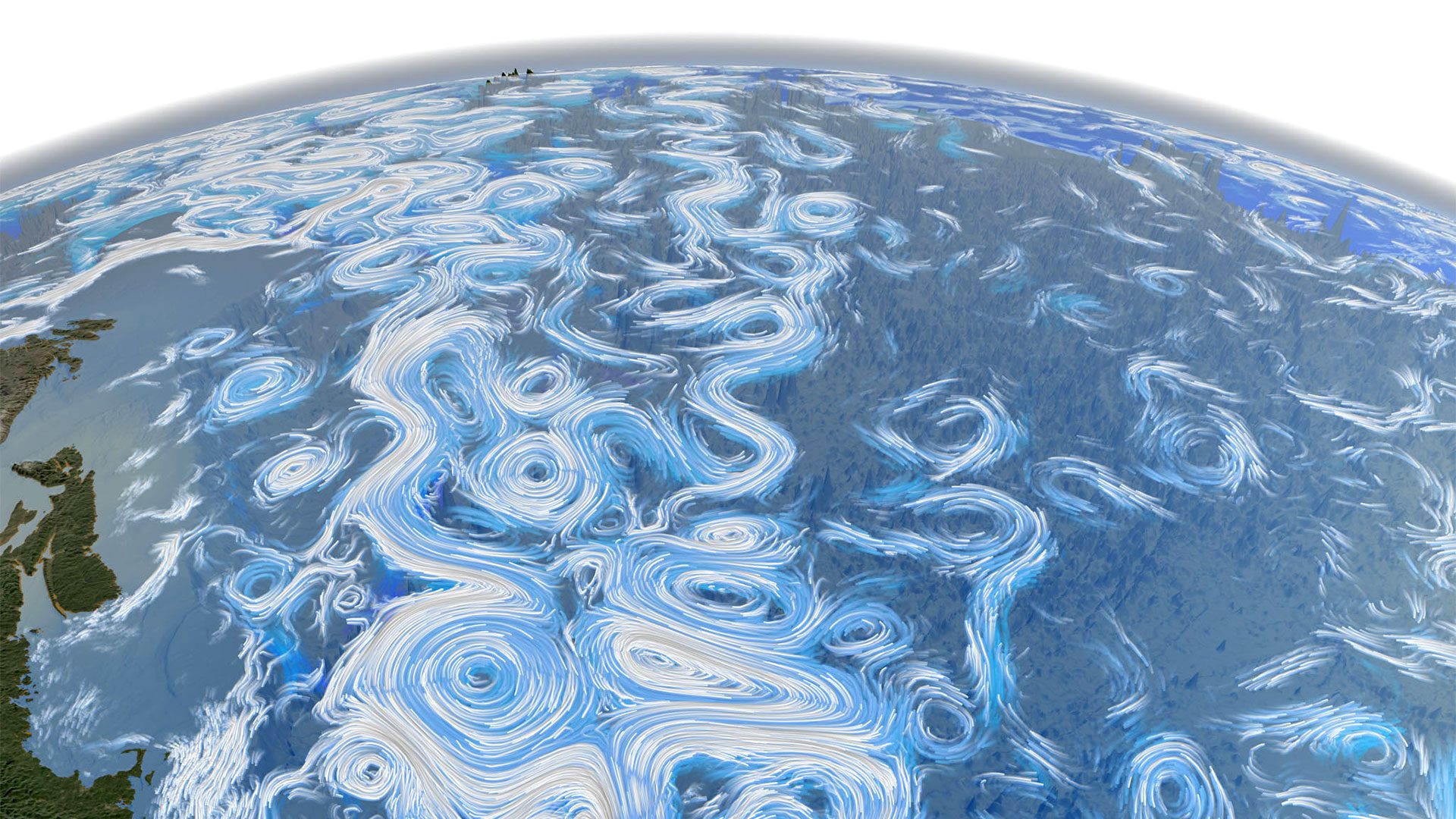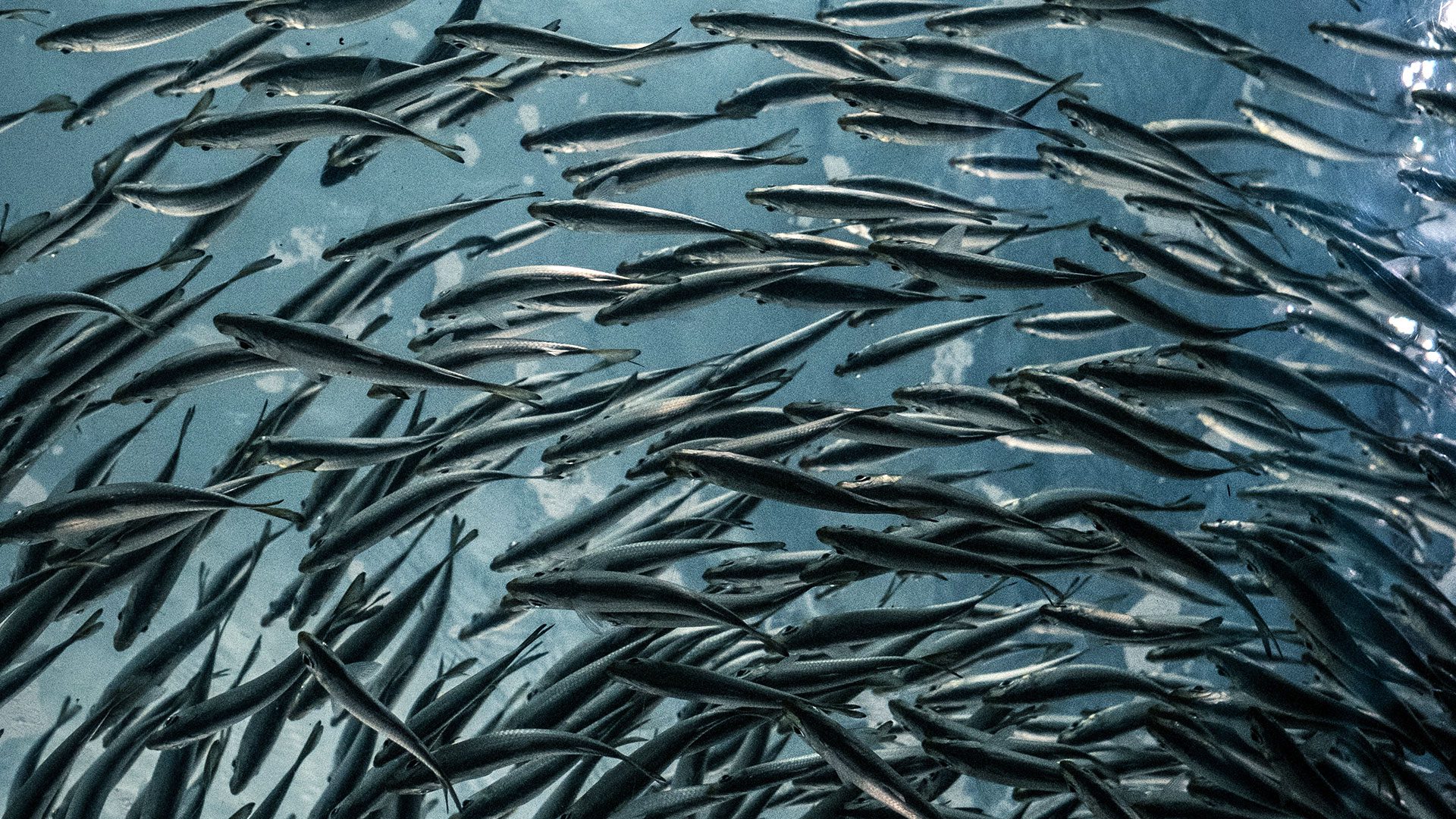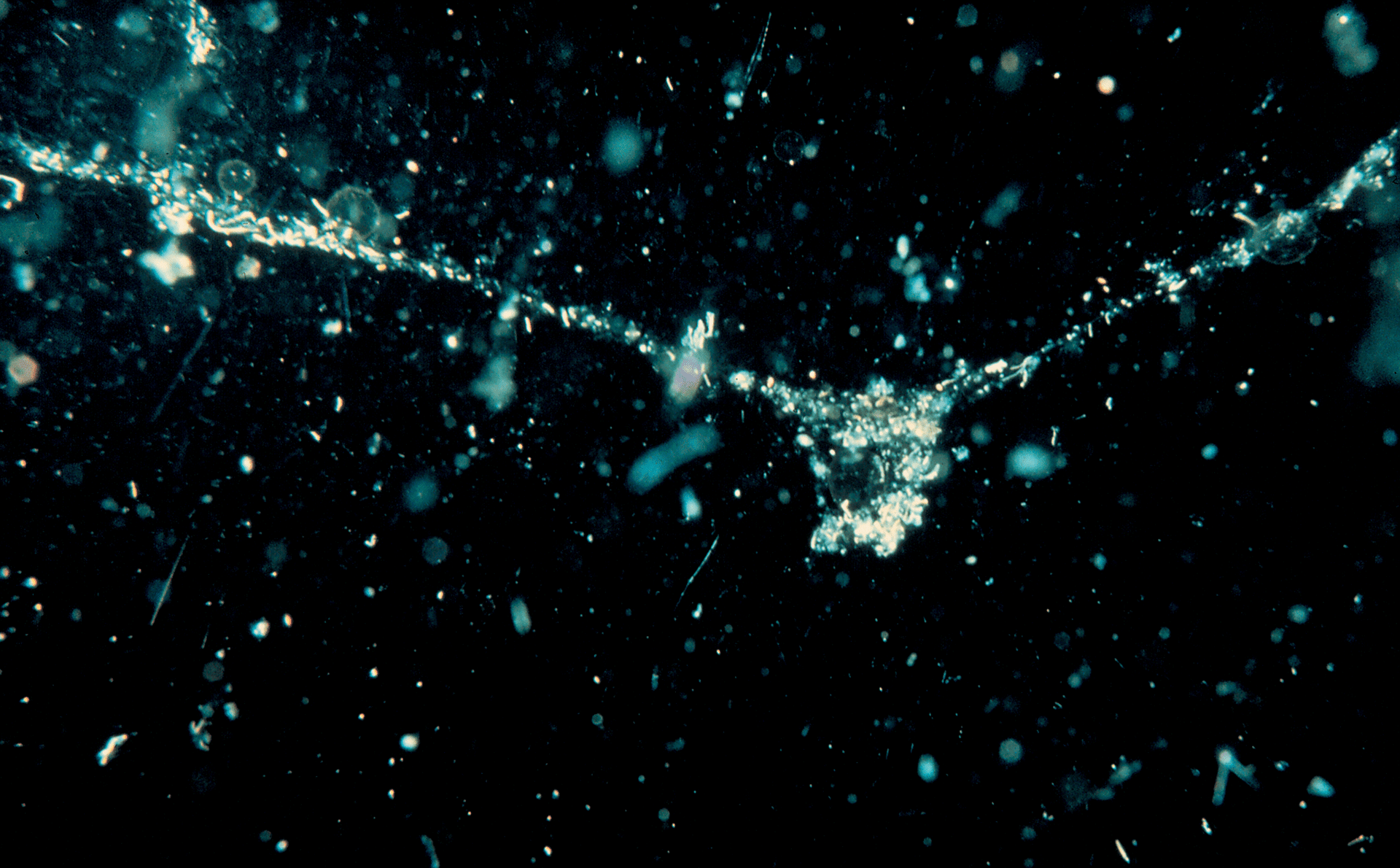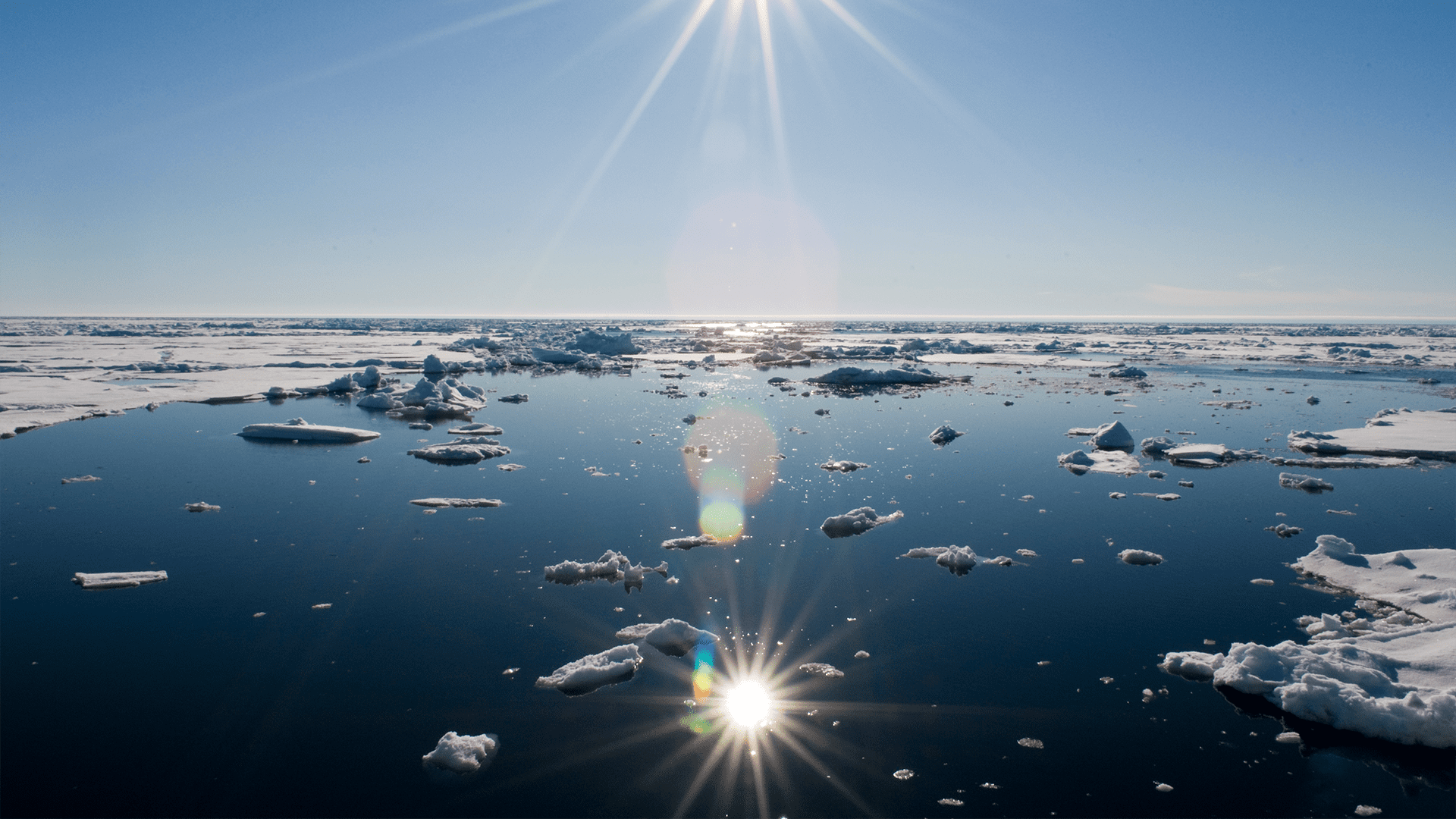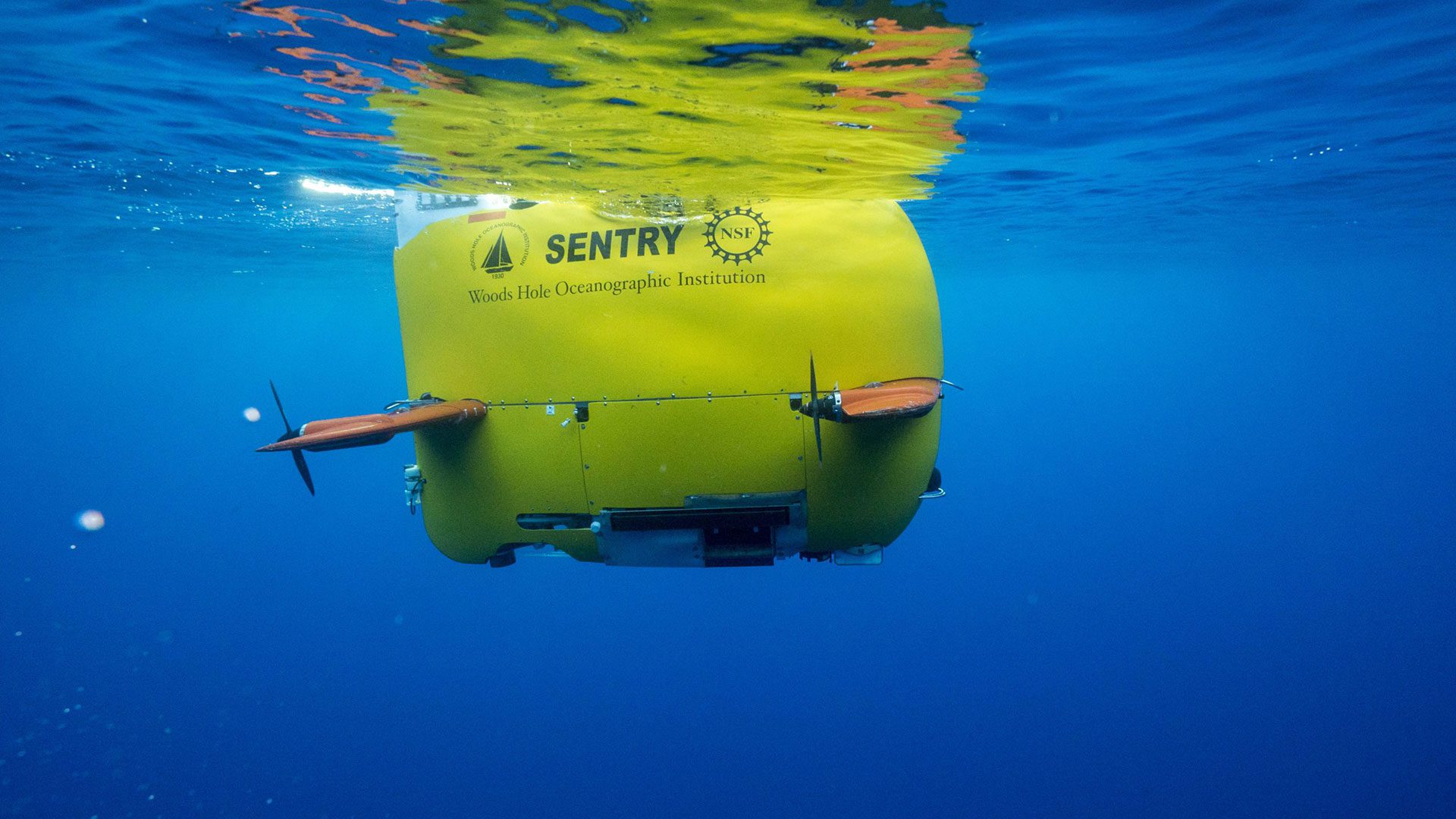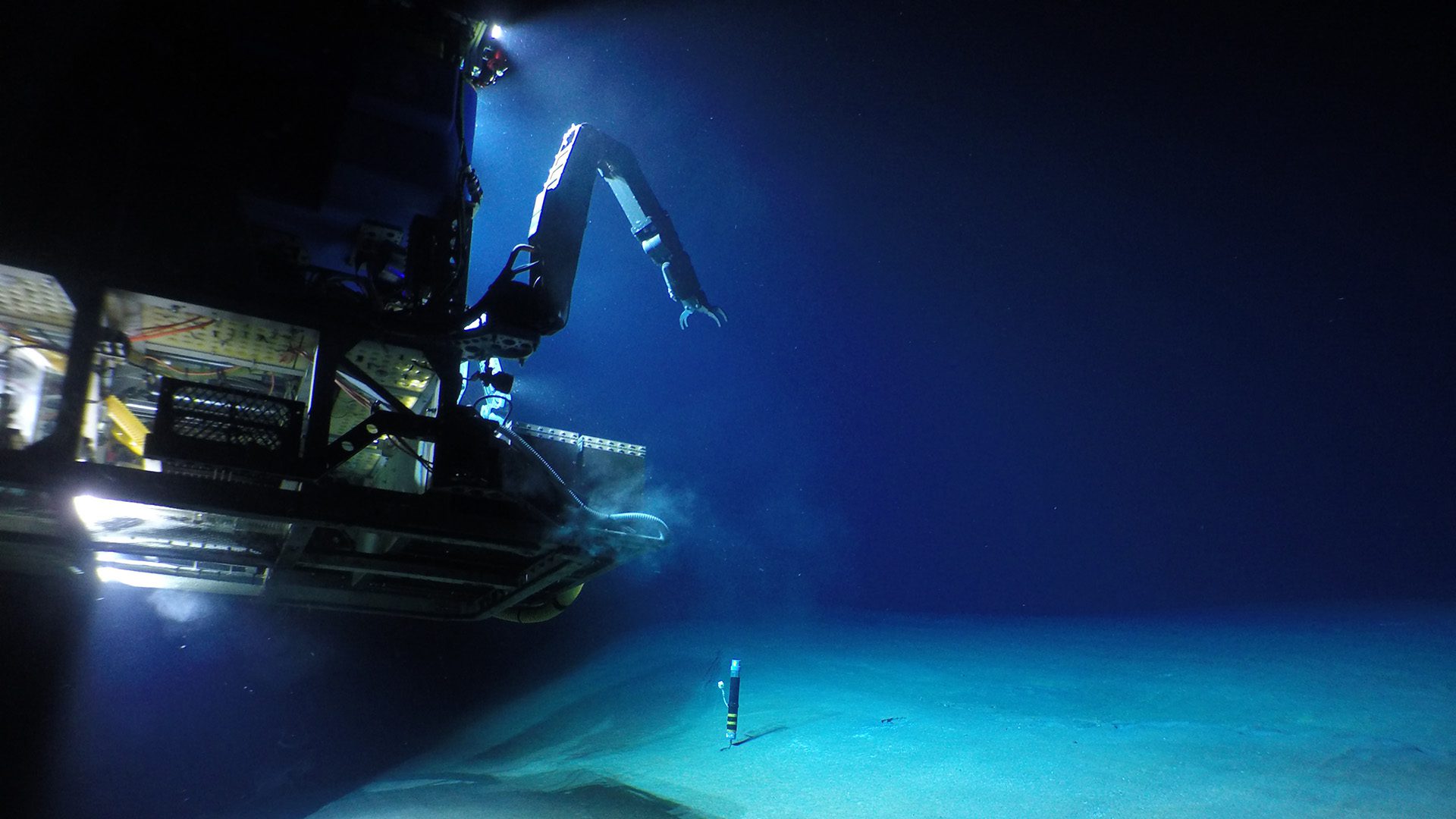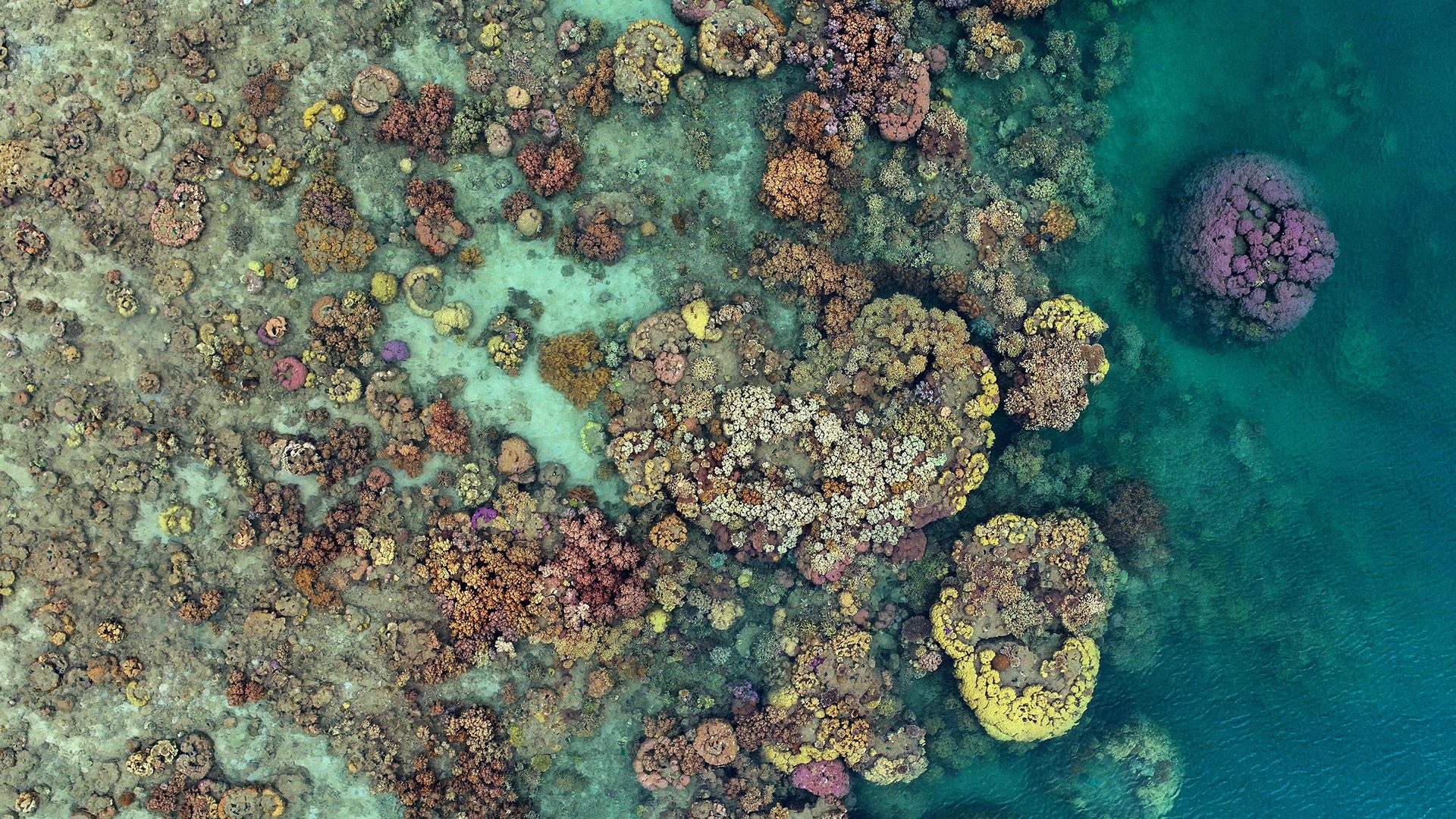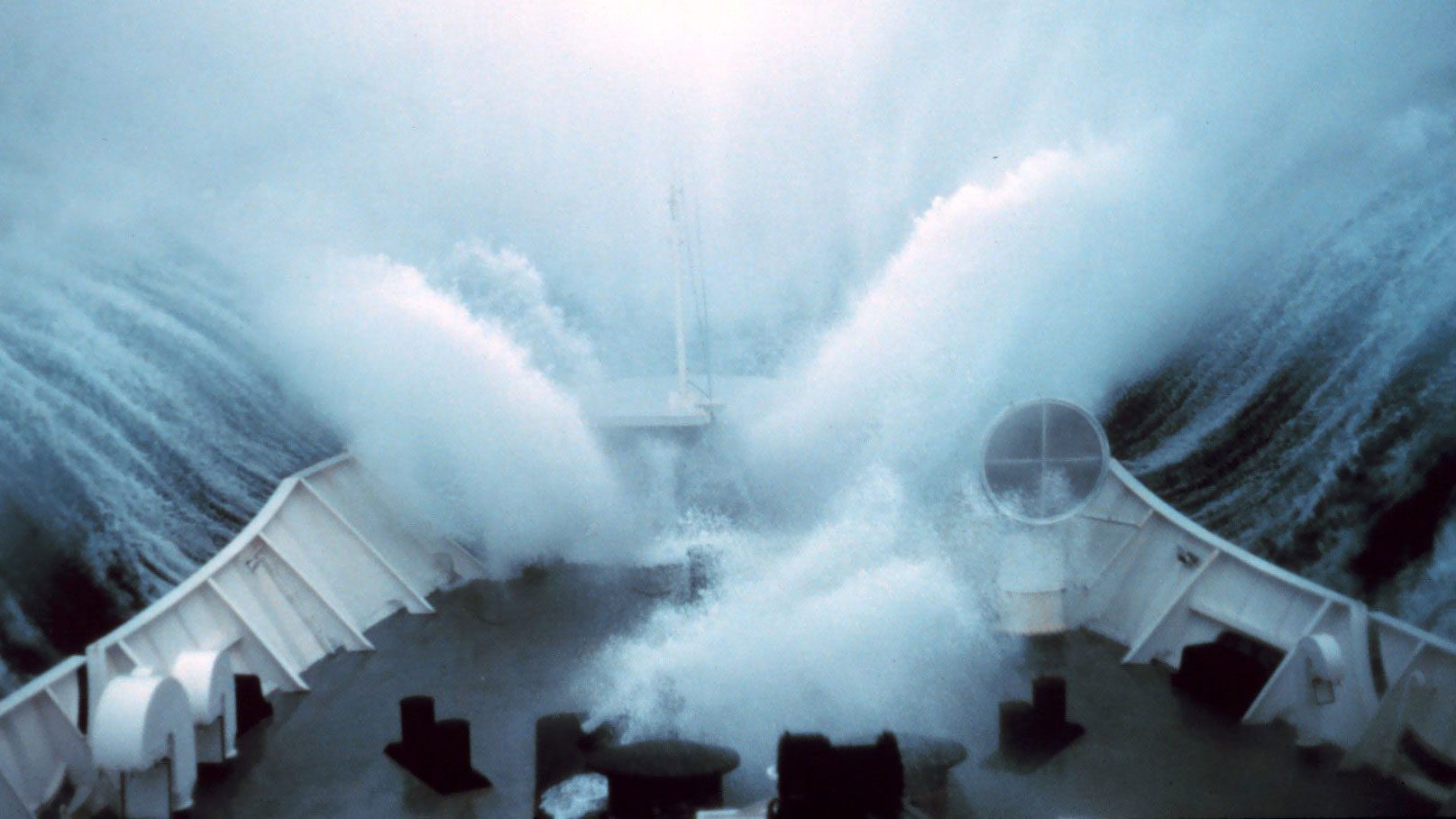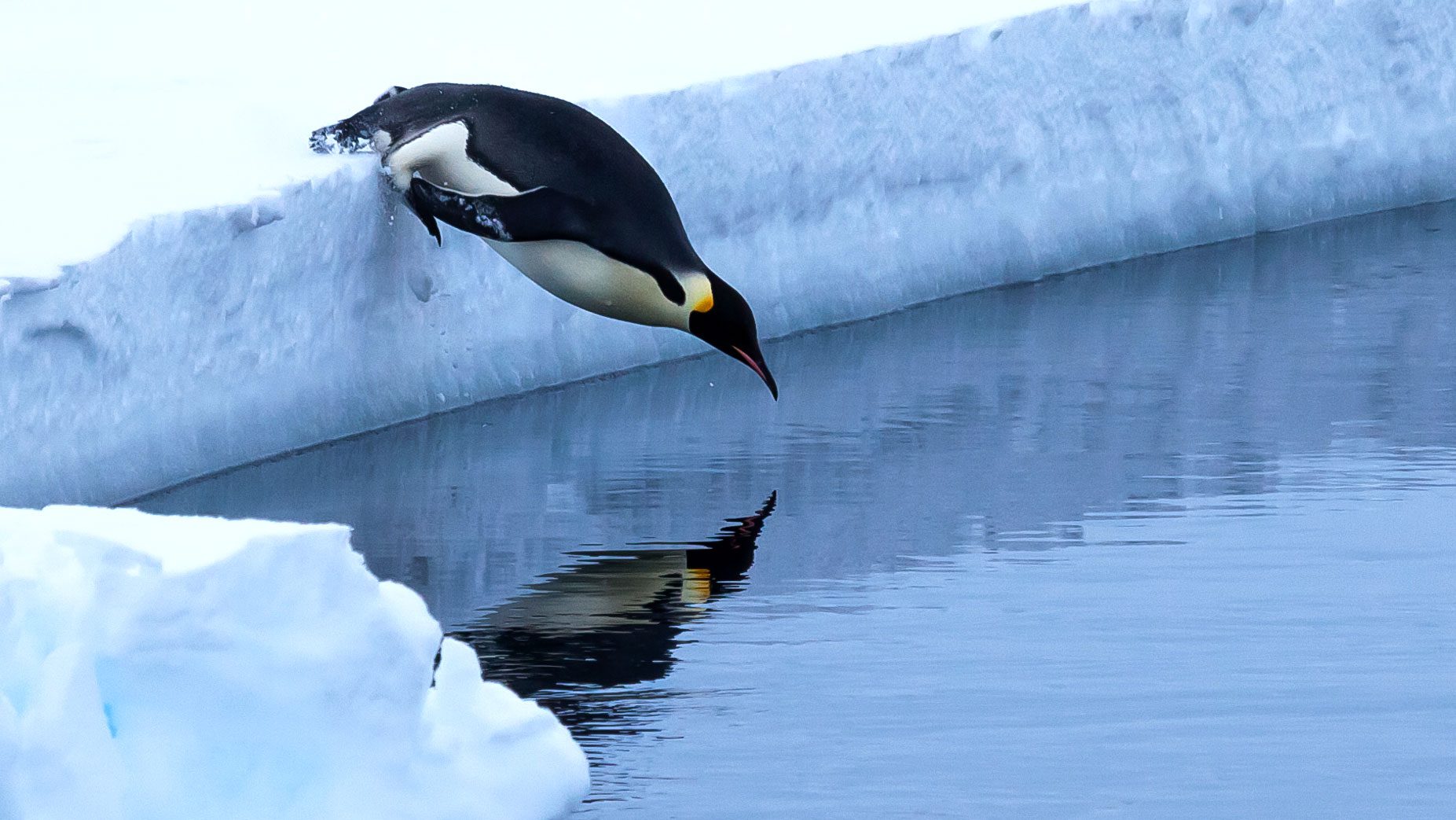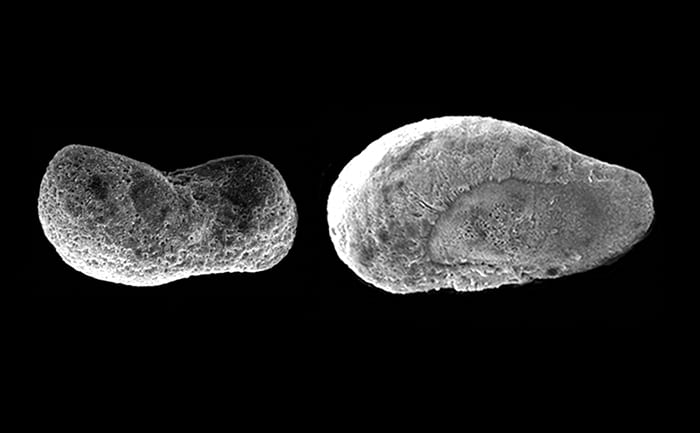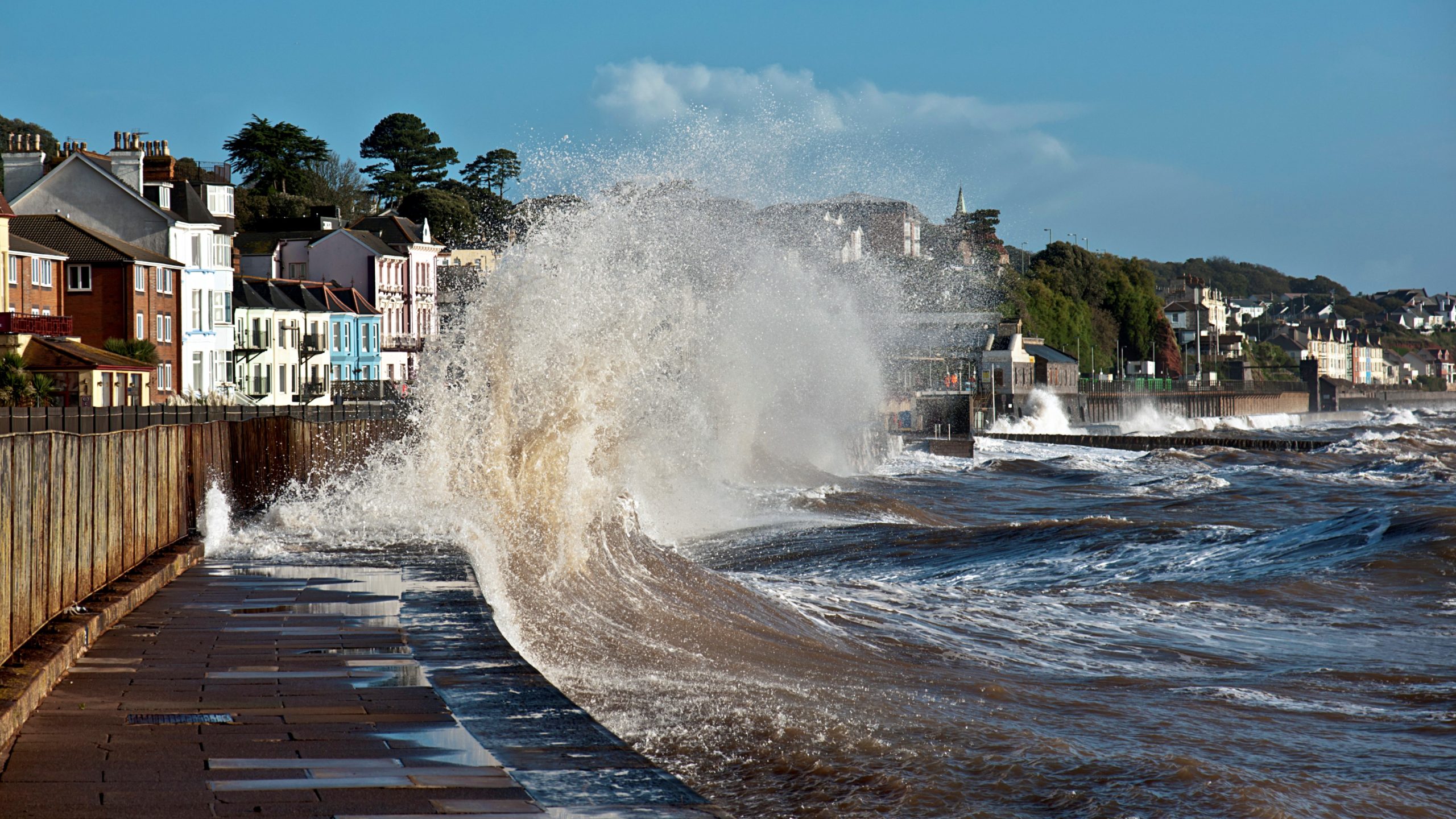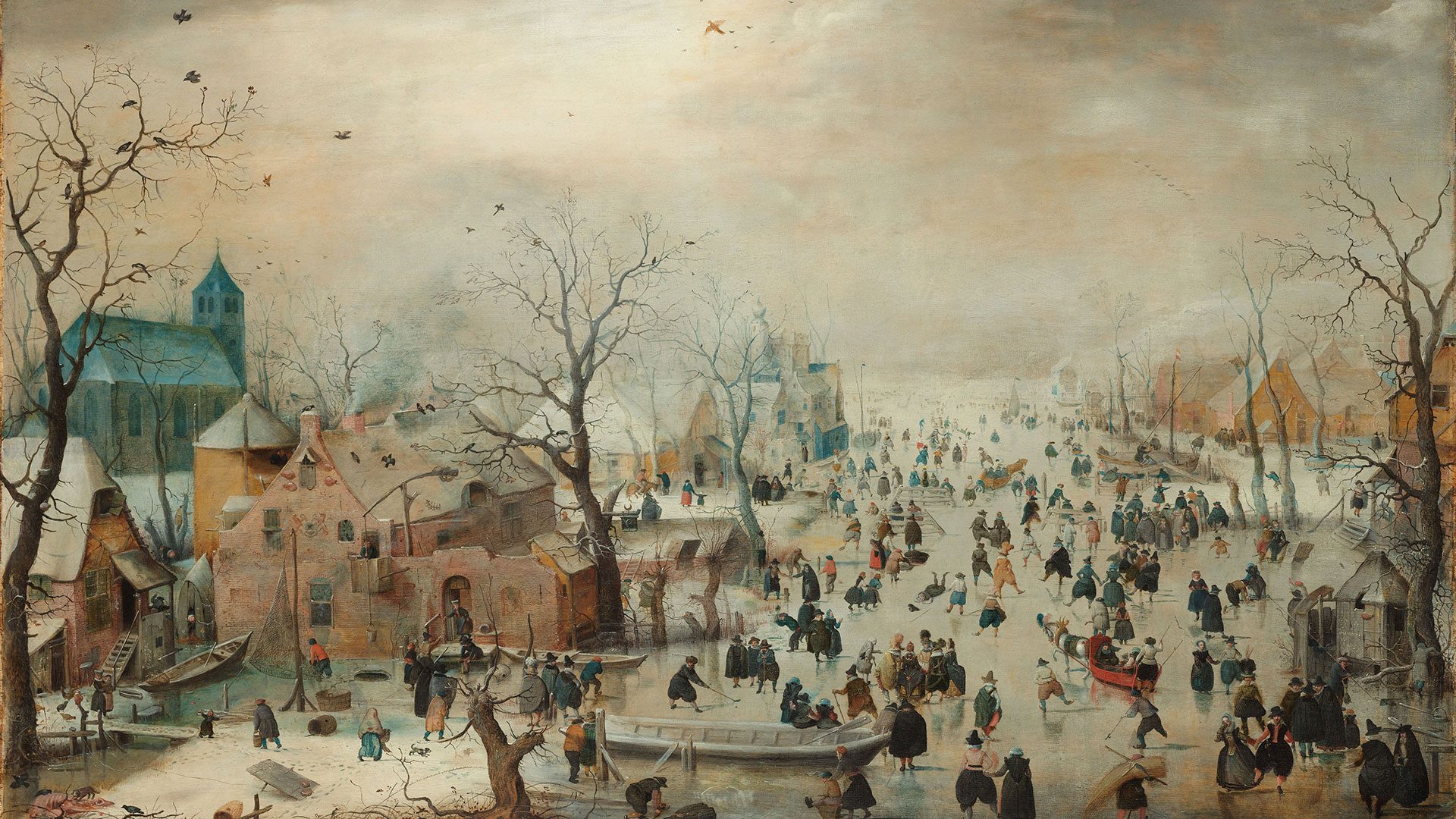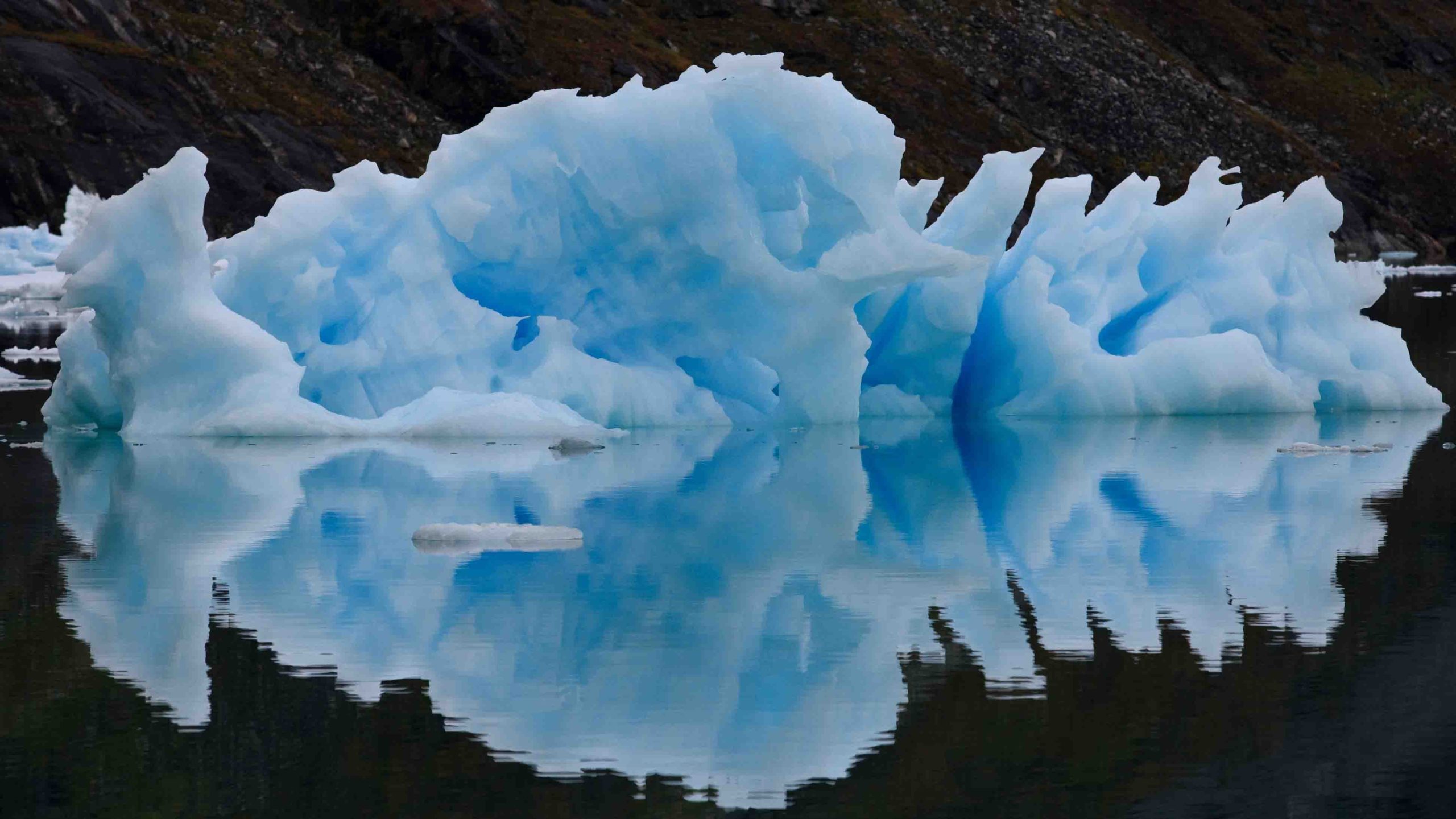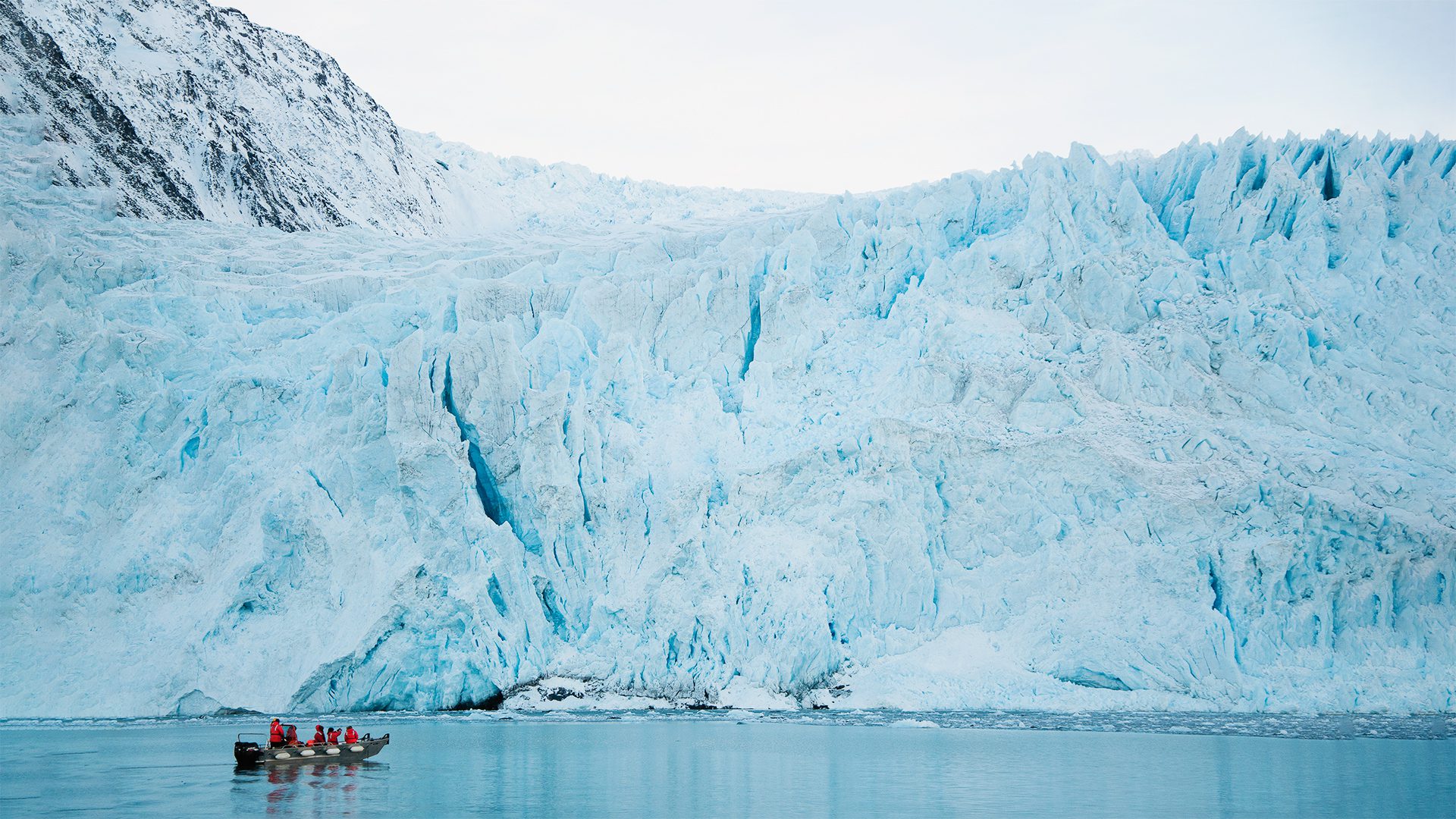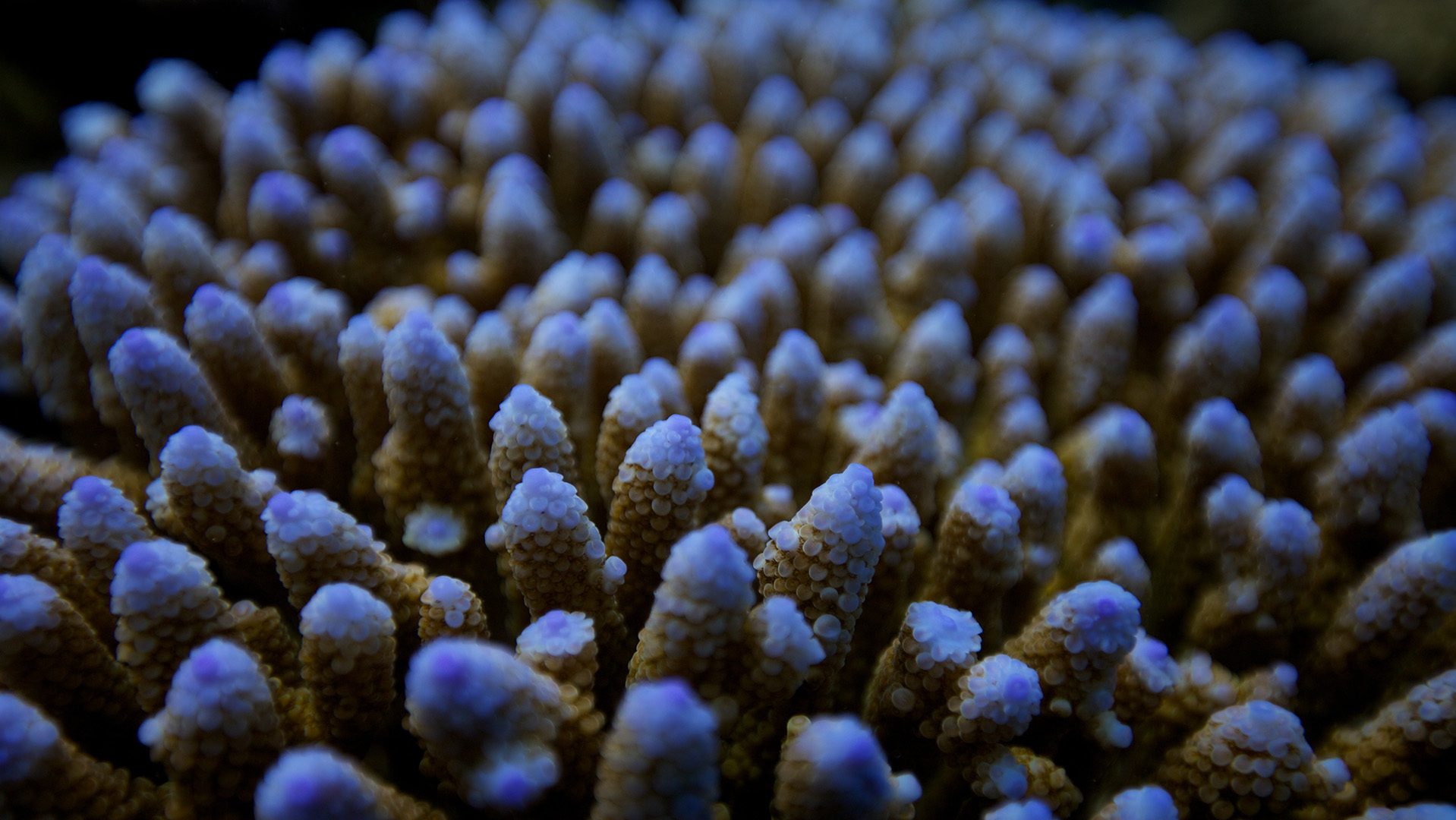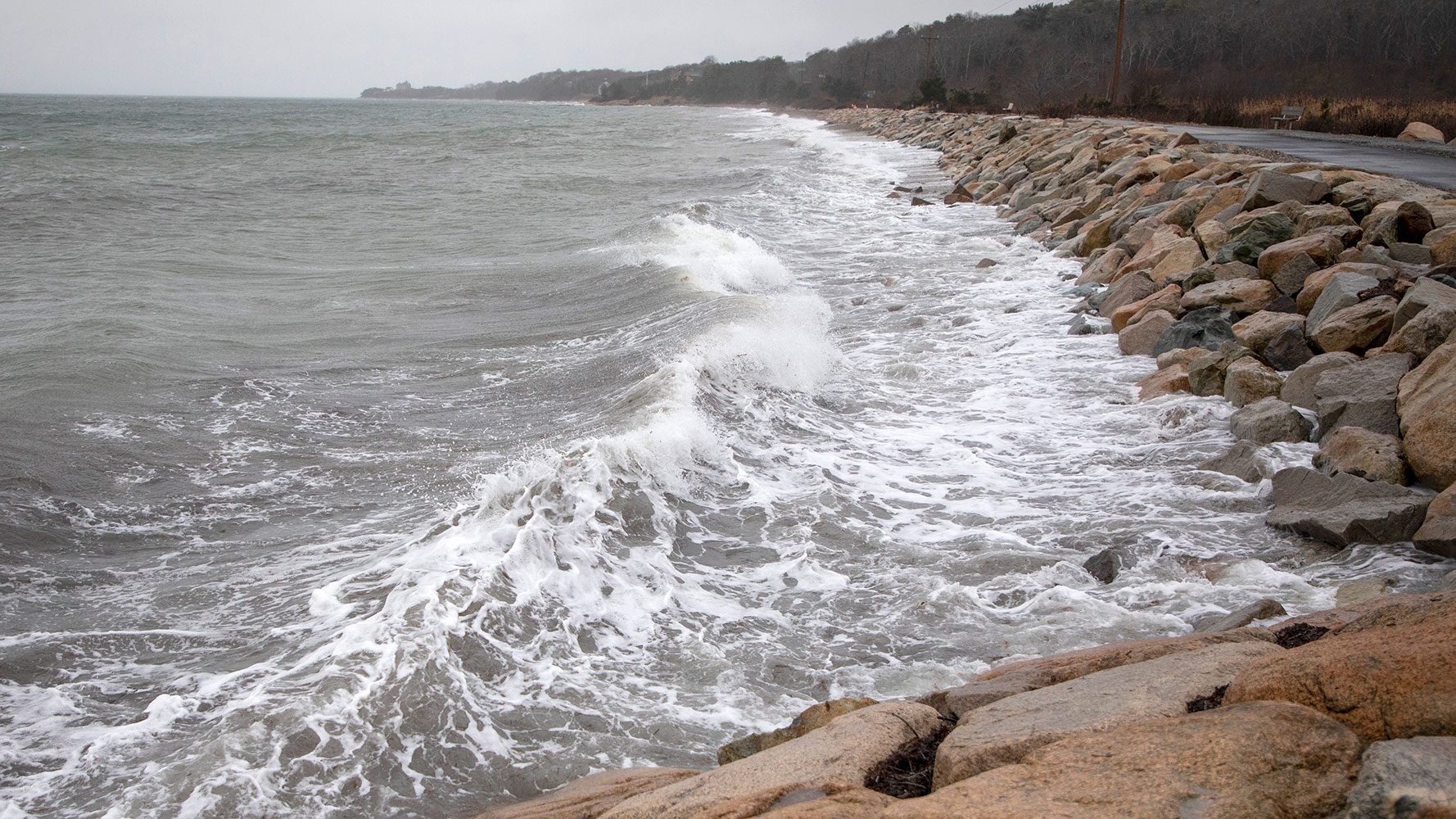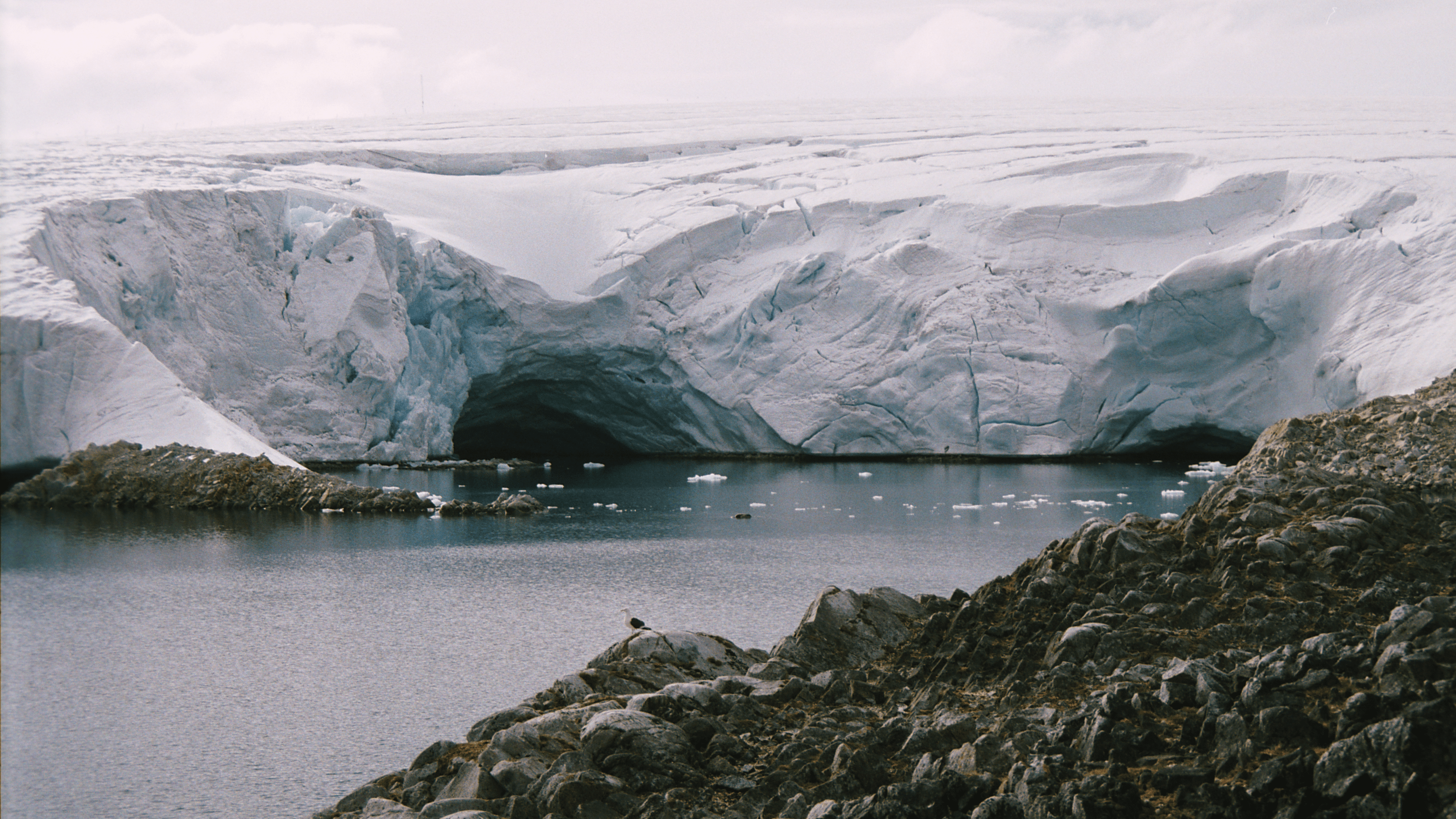Uncategorized
Will the Gulf Stream really shut down?
Recent news headlines suggest the Gulf Stream current could shut down in just a few years—or perhaps a few decades—bringing about a catastrophic change in global climate.
Read MoreWill the Gulf Stream really shut down?
Recent news headlines suggest the Gulf Stream current could shut down in just a few years—or perhaps a few decades—bringing about a catastrophic change in global climate.
Read MoreHow does ocean warming affect fisheries?
The ocean has absorbed 93% of excess heat from human activities, raising its temperature by 1.5°F since 1901. Warming oceans impact fish migration, leading to conflicts and overfishing.
Read MoreWhere does all the carbon go?
Explore the ocean’s critical role in carbon sequestration and how it could be a pathway to mitigate climate change.
Read MoreIt’s always freezing in the Arctic. Or is it?
WHOI experts dig into a popular misconception that the Arctic is always frigid.
Read MoreIt’s always freezing in the Arctic. Or is it?
WHOI experts dig into a popular misconception that the Arctic is always frigid.
Read MoreWhat are ocean robots?
From the icy poles to sensitive coral reefs, robots empower us to understand more of the ocean than ever before. But just what are they?
Read MoreHow do ocean robots take the pressure?
Find out how engineers build robots to withstand the crushing pressures of the deep sea
Read MoreIs the Great Barrier Reef making a comeback?
The world’s largest reef saw record growth after years of bleaching, but it’s not out of the woods yet
Read MoreIs the Great Barrier Reef making a comeback?
The world’s largest reef saw record growth after years of bleaching, but it’s not out of the woods yet
Read MoreWhat is a rogue wave?
Behemoth waves are more than just folklore. Learn the science behind these deadly swells.
Read MoreHow do polynyas help feed emperor penguins?
When female emperor penguins—and later, males—return to the ocean to feed, they need a spot that gives them easy access to both the water and the ice. And, they also need places that are teeming with fish and other types of prey. Learn how polynyas provide a place where penguins can feast and build their energy reserves after breeding.
Read MoreOcean acidification is no big deal, right?
Some people argue that ocean acidification isn’t an issue of concern. After all, they say, the ocean isn’t actually acidic. There is some truth to that. On the pH scale,…
Read MoreIs sea-level rise exaggerated?
WHOI’s Chris Piecuch debunks a long-standing myth
Read MoreAre we heading toward another Little Ice Age?
In the 2004 blockbuster “The Day After Tomorrow,” the Northern Hemisphere experiences an abrupt and catastrophic plunge into Ice Age conditions. The culprit? Extreme rates of melting ice from the…
Read MoreOcean acidification is no big deal, right?
Some people argue that ocean acidification isn’t an issue of concern. After all, they say, the ocean isn’t actually acidic. There is some truth to that. On the pH scale,…
Read MoreIs sea-level rise exaggerated?
WHOI’s Chris Piecuch debunks a long-standing myth
Read MoreAre we heading toward another Little Ice Age?
In the 2004 blockbuster “The Day After Tomorrow,” the Northern Hemisphere experiences an abrupt and catastrophic plunge into Ice Age conditions. The culprit? Extreme rates of melting ice from the…
Read MoreSea level rises when land sinks
People around the world are worried about rising sea levels. Much of this increase comes from melting polar ice and ocean waters that expand as they warm. But along many coastlines, sea level rises much more than we might expect simply from changes in the ocean.
Read MoreWhy is glacier ice blue?
When sunlight shines on a field of snow, it reflects a bright-even blinding-white. But if you get a good look at the leading edge of a glacier, you’ll find that the ice inside is a brilliant blue.
Read MoreIs glacier ice actually rock?
In places where it gets cold and snowy in winter, many meters of snow can fall. In some the following winter, adding a new layer to what was already there. Over hundreds to thousands of years, this process creates big sheets of ice called glaciers.
Read MoreHow do corals form colonies?
If you stare at just one spot on a coral reef, your eyes could be seeing more than 1,000 animals per square foot. That’s because the thing that makes up most of these marine ecosystems are tiny living animals called coral polyps, which exist on the surface of reef formations.
Read MoreWhat makes the ocean salty?
The water flowing into the ocean comes from freshwater streams and rivers. These bodies of water do contain salt. It dissolves from rocks on land. That’s because rain is slightly acidic.
Read MoreHow do glaciers affect sea level rise?
Sea levels have risen and fallen throughout geologic history due to a myriad of natural processes, most notably the forming and melting of glaciers.
Read More
